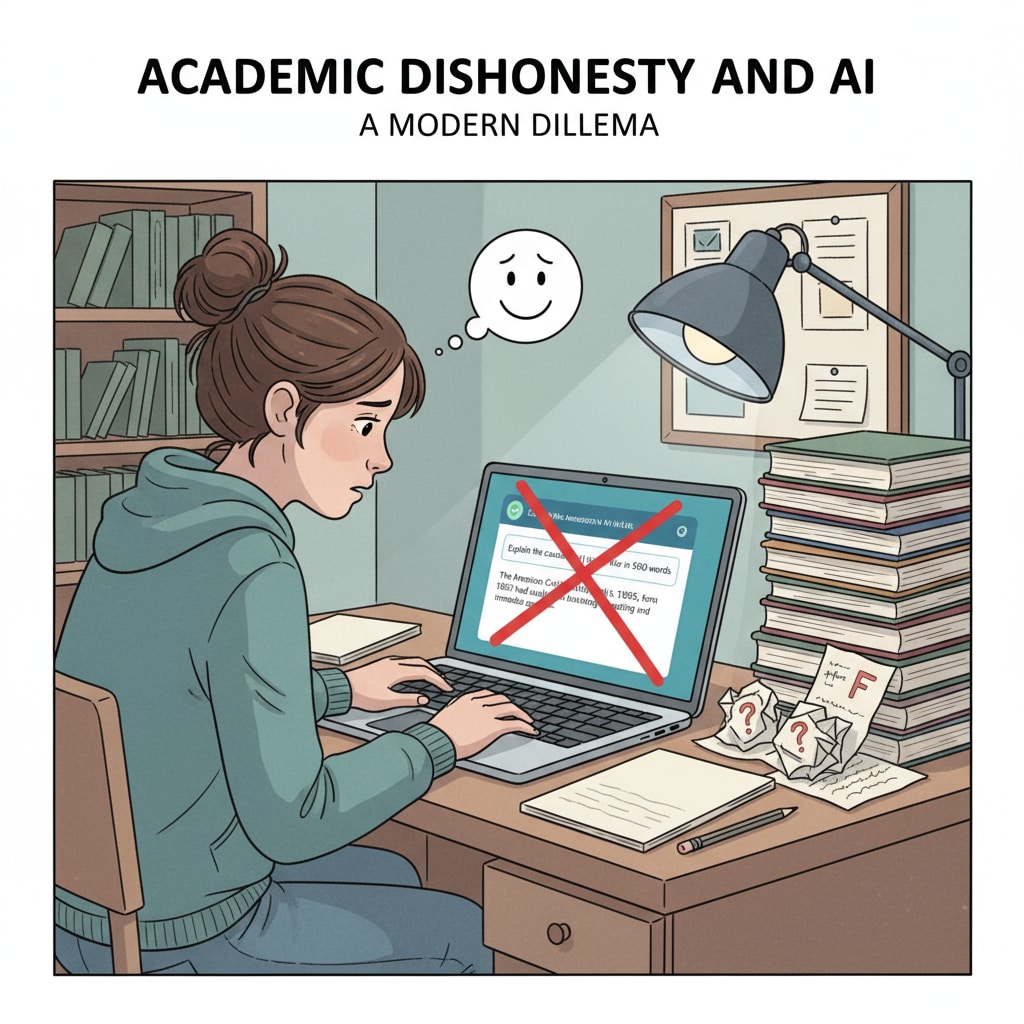In the era of rapid technological advancement, the issues of student cheating, ChatGPT, homework, and children’s free time have emerged as significant concerns in education. The widespread use of AI tools like ChatGPT has revolutionized the way students approach their academic tasks, unfortunately, also opening the door to new forms of cheating.

As educators and parents grapple with this new challenge, it is also an opportune moment to reflect on the value of traditional homework and the importance of preserving children’s free time for holistic development.
The New Face of Student Cheating
With the advent of ChatGPT, student cheating has taken on a more insidious form. These powerful AI language models can generate essays, solve problems, and provide answers with remarkable speed and accuracy. For example, a student could simply input a homework question into ChatGPT and receive a complete solution within seconds. This not only undermines the learning process but also makes it difficult for teachers to accurately assess students’ knowledge and skills. According to Educause, many educational institutions are now facing the challenge of detecting and preventing this new wave of AI-assisted cheating.

Rethinking the Value of Homework
Homework has long been a staple of the educational system, but in the context of AI-driven cheating, its value needs to be reevaluated. While homework can reinforce learning and develop study habits, it has also become a source of stress for many students. In addition, with the availability of AI tools, the traditional purpose of homework as a measure of individual learning may be compromised. Instead, educators should consider alternative forms of assessment that are more resistant to AI cheating and focus on promoting deeper understanding and critical thinking. As stated by The National Education Association, a more balanced approach to homework can enhance the educational experience.
Furthermore, excessive homework can eat into children’s free time. Free time is crucial for children’s social, emotional, and creative development. When students are burdened with hours of homework every day, they have less time to engage in activities they enjoy, such as playing sports, pursuing hobbies, or spending time with family and friends. This lack of free time can have negative impacts on their overall well-being and limit their opportunities for personal growth.
Readability guidance: The paragraphs above use short sentences and simple language to convey complex ideas. Transition words like ‘for example’, ‘in addition’, and ‘furthermore’ are used to connect thoughts. The focus is on presenting the issues of student cheating, the need to rethink homework, and the importance of children’s free time in a clear and accessible manner.


